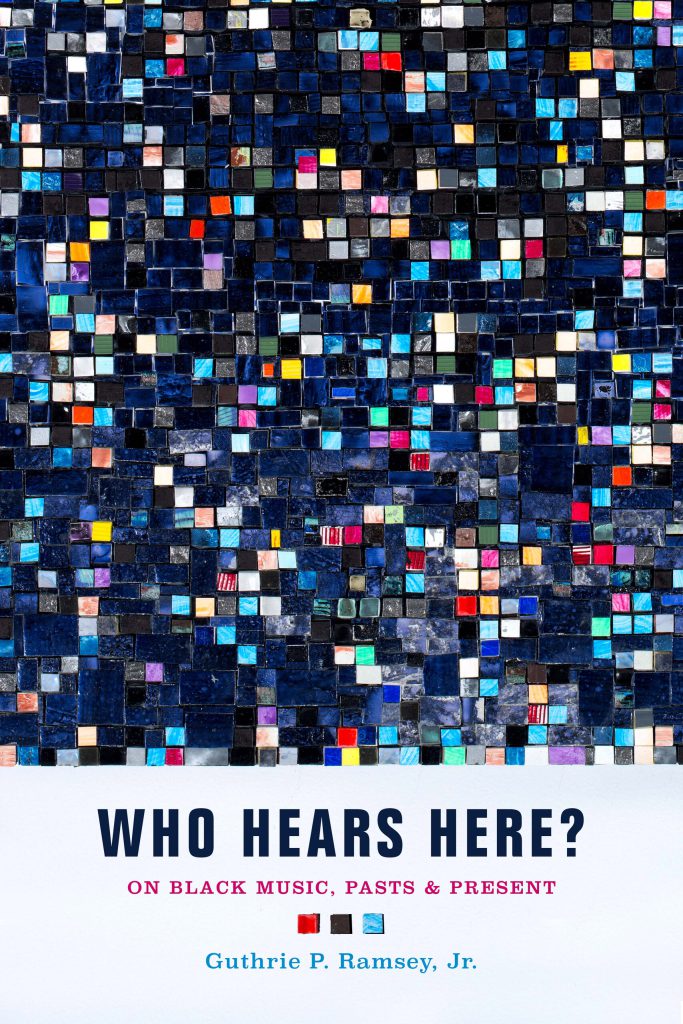Guthrie Ramsey’s 25 years of Black musicqology in, “Who Hears Here? On Black Music, Pasts and Present”
University of California Press published Guthrie Ramsey’s essay collection, “Who Hears Here? On Black Music, Pasts and Present”, on Oct. 11, 2022. This collection documents Ramsey’s engagement with the joys of music making and the undeniable place Black music holds in global cultures.
Guthrie P. Ramsey, Jr. is a multi-hyphenate musicqologist who’s one of the foremost authorities on the history of African American music. Written over twenty-five years (1996-2019), these writings carry resonances of the conversations Ramsey’s had in bars and hotel rooms during professional conferences, in the deliberations published in the pages of journals and blogs, and in the firestorms that occur on Twitter feeds.
He began this journey when the American Musicological Society formed its Committee on Cultural Diversity and started its work to counter sexism and racism in the early 1990s when “women, people of color, and other minoritized members were mostly absent from the organization’s power structure, including both its elected leaders and awardees of prizes and fellowships.”
Jason Moran, the Artistic Director for Jazz at the Kennedy Center, says, “Guthrie Ramsey has culled his ultimate mixtape of essays in Who Hears Here? His prismatic essays are essential reading for anyone wanting to understand why they bob their head or move their feet while simultaneously asking the question: Why does this feel so good? Dr. Ramsey is uniquely positioned as the brilliant musician and scholar who can translate sound for us. Our music is lucky to have his ear and mind locate the metaphors that only show their face in a sound wave.”
This far-reaching collection embraces historiography, ethnography, cultural criticism, musical analysis, and autobiography. Pulled together with the provocative introduction that precedes them are a testament to the legacy work that has come to define a field, as well as arousing a call to new readers to ask the hard questions and hard truths about this topic.
Tammy L. Kernodle says that “[Ramsey’s] strategies pushed the methodological scope of Black music studies beyond that of the Black power-era intelligentsia as he looked to cultural theory, feminist theory, and autoethnography. He exploded the model of genre and specialty by writing across the full spectrum of Black expressive culture and expressing himself through different media.”
As a pianist, composer, and producer, Ramsey has released five recording projects, scored the prize-winning documentary, “Making Sweet Tea: Black Gay Men of the South”, and co-curated the National Museum of African American History and Culture’s 2009 exhibition, “Ain’t Nothing Like the Real Thing: How the Apollo Theater Shaped American Entertainment.”
![]()





